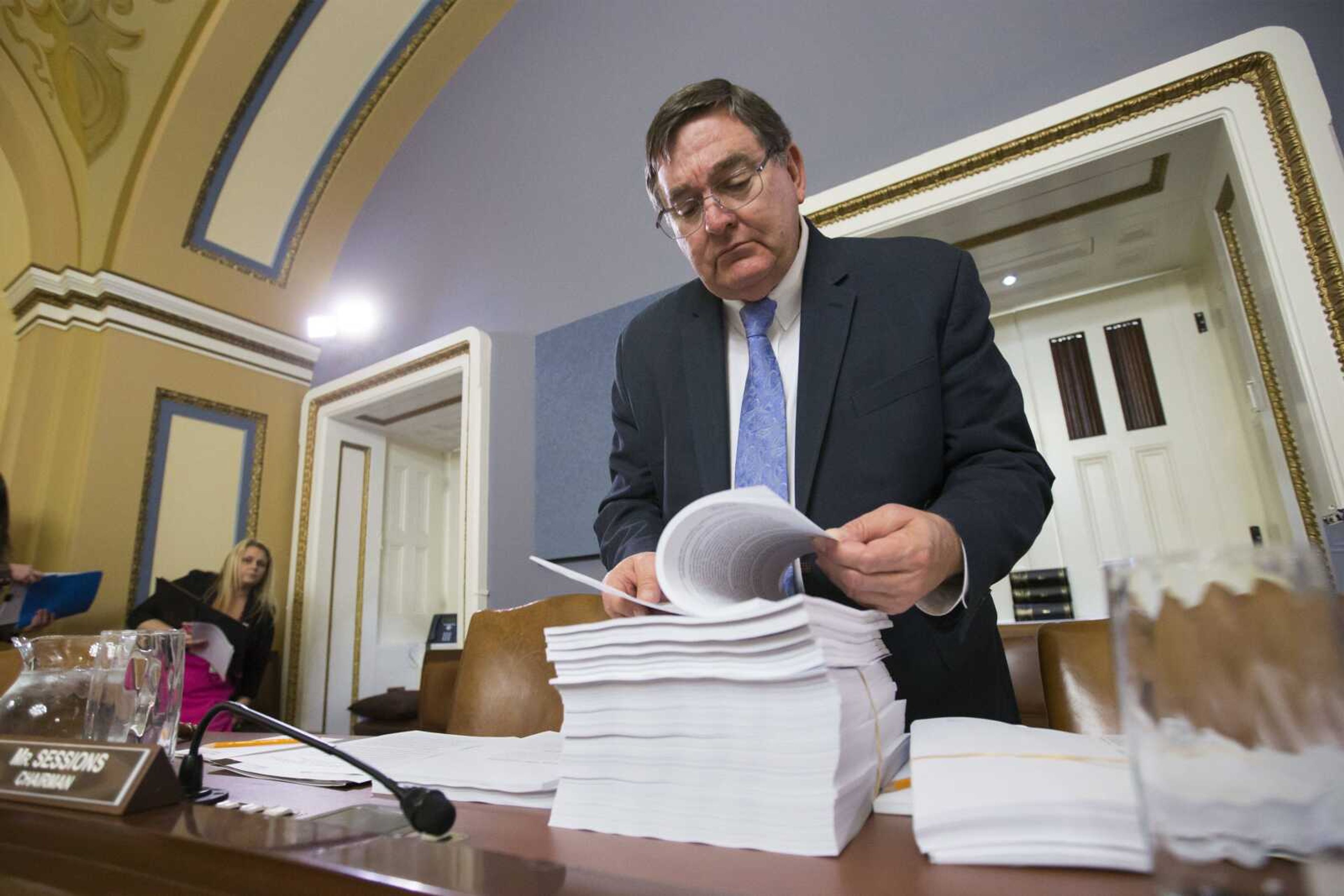House OKs tax-cut package, first leg of year-end budget deal
WASHINGTON -- Republicans overwhelmed divided Democrats to whisk tax breaks for businesses, families and special interests through the House on Thursday as Congress sped toward final votes on a year-crowning budget accord that also will bankroll the government in 2016...
WASHINGTON -- Republicans overwhelmed divided Democrats to whisk tax breaks for businesses, families and special interests through the House on Thursday as Congress sped toward final votes on a year-crowning budget accord that also will bankroll the government in 2016.
The tax measure, approved 318-109, includes political coups for both parties. More than 50 expiring tax cuts will be extended, with more than 20 becoming permanent, including credits for companies' expenditures for research and equipment purchases and reductions for lower-earning families and households with children and college students.
"Finally with this tax bill, families and businesses are going to have the long-term certainty that they need instead of scrambling year after year to find out what's next," declared House Speaker Paul Ryan, R-Wis.
Ryan, who just six weeks ago succeeded former speaker John Boehner, all but claimed the bill's passage as a personal triumph, citing it as an example of his drive "to get our House back on track." The Senate aimed to approve the tax bill today.
Both chambers also planned votes today on the second leg of the budget compromise, a $1.1 trillion measure financing government, after which Congress was ready to adjourn until January.
Overall, the budget pact was a modest one, with many on each side describing it as the best deal they could get under divided government. It was arguably most noteworthy for what it didn't include, such as GOP efforts to halt Planned Parenthood's federal money and Democratic pushes for stiffened gun curbs.
While Republicans voted nearly in lockstep for the tax measure, it split Democrats, who opposed it by 106-77. While some Democrats said it was an opportunity to make family tax breaks permanent, others complained it was too skewed toward business. They also said its price tag -- exceeding $600 billion over a decade -- would swell federal deficits and make money scarcer for domestic programs the party treasures.
"It's a Trojan horse, and we should not be fooled," said House Minority Leader Nancy Pelosi, D-Calif.
That attitude was not shared by Senate Minority Leader Harry Reid, D-Nev., who was backing the measure. The White House said President Barack Obama would sign both the tax and spending bills, which combined totaled more than 2,200 pages.
Pelosi added a bit of drama to the buildup to debate on the spending bill, saying she wasn't certain there would be enough Democratic votes for it to pass.
Connect with the Southeast Missourian Newsroom:
For corrections to this story or other insights for the editor, click here. To submit a letter to the editor, click here. To learn about the Southeast Missourian’s AI Policy, click here.










